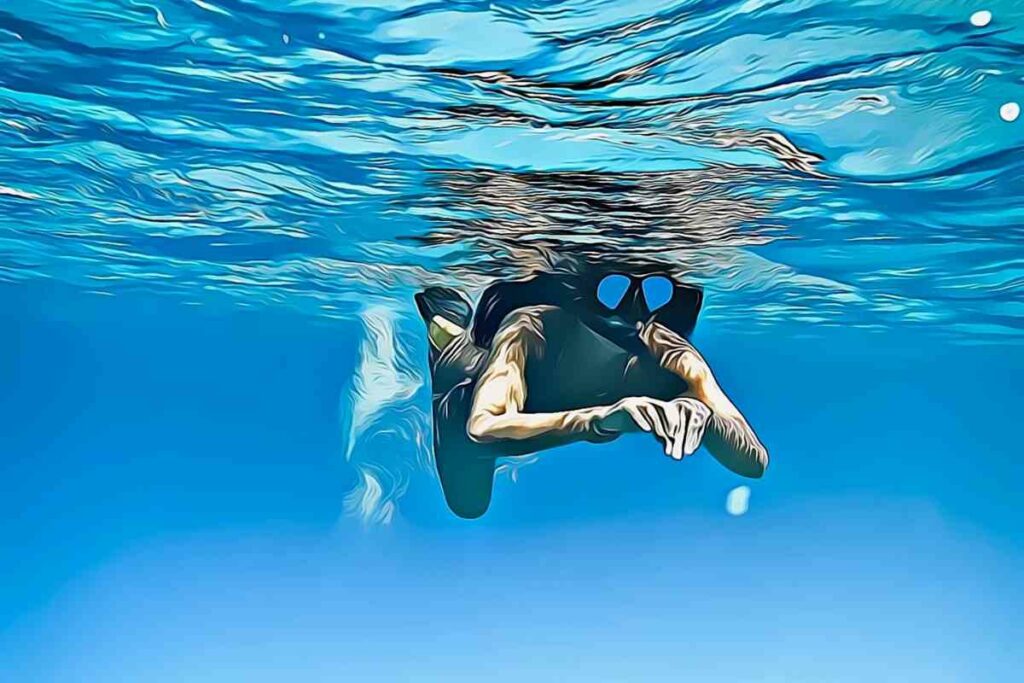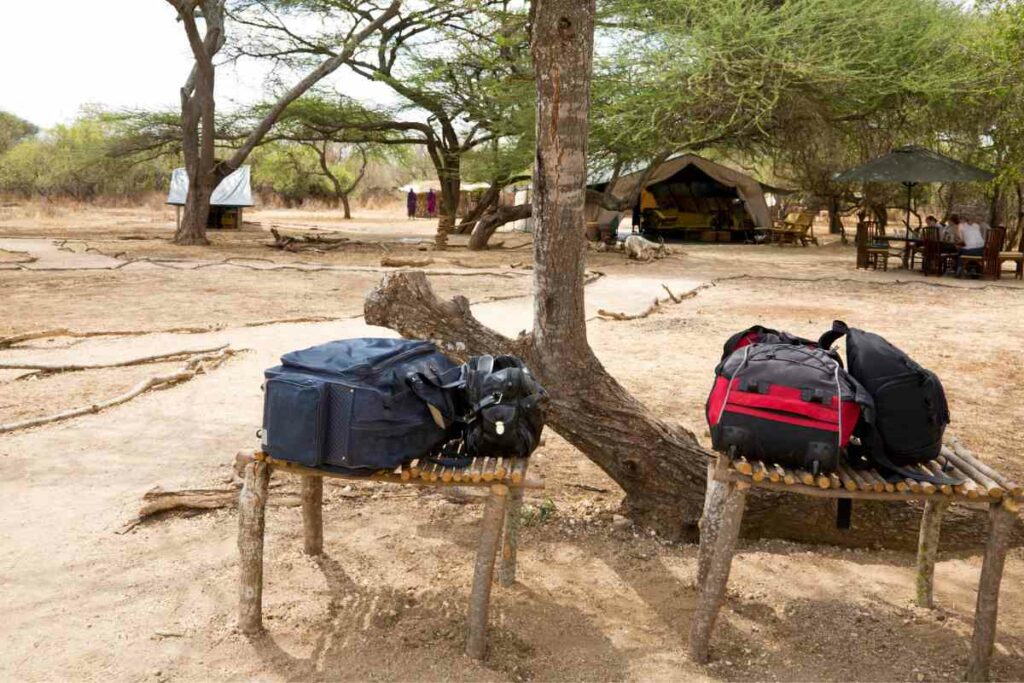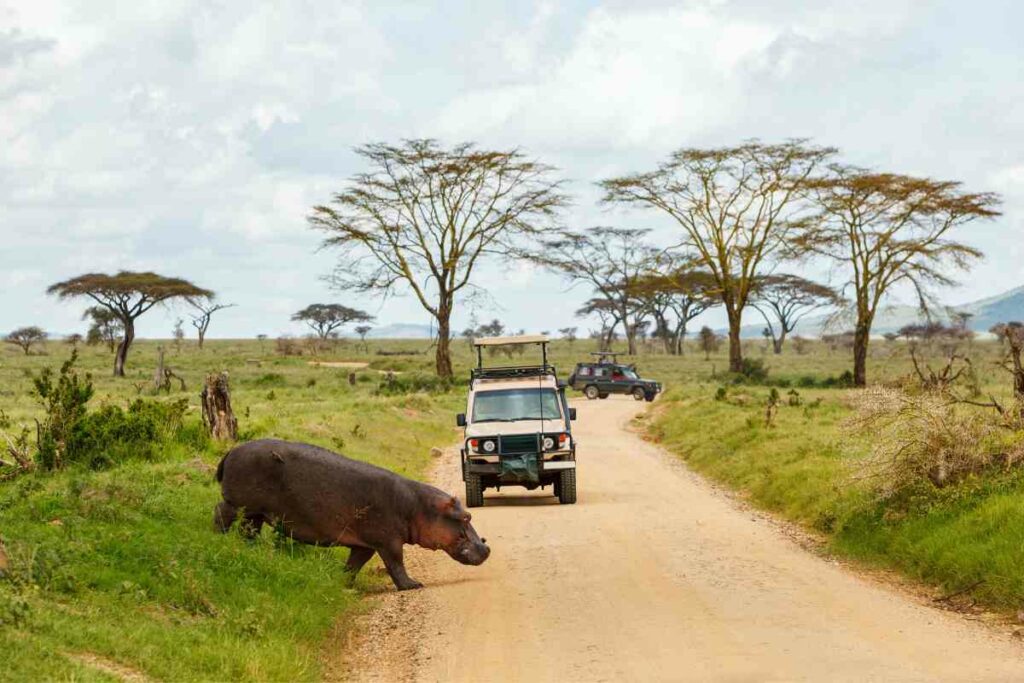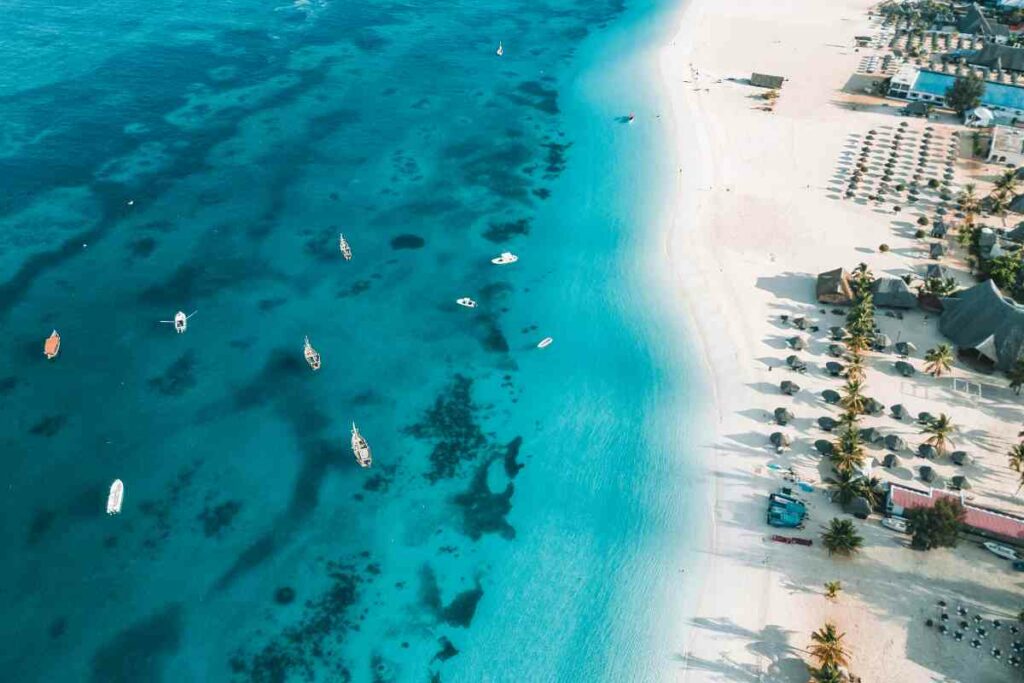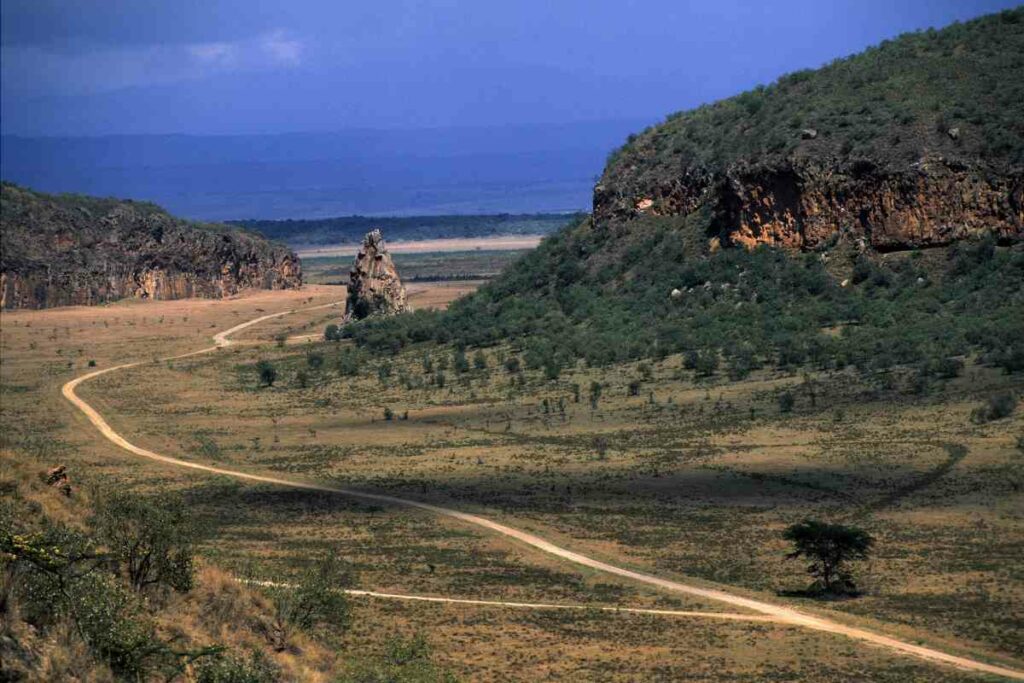Finally, it’s a matter of counting the days to start your dream holiday, and you are still trying to decide what to pack for Safari.
You are probably wondering whether you can carry that favorite pair of tight jeans or high heels for evening wear.
Do not overthink it.
Here is a detailed list of what to pack for Safari.
Safari Holiday Guidelines
Packing for a coastal holiday of beach wear and relaxation differs from packing for a Safari holiday.

Besides the environment, safety and comfort are critical.
The weather sometimes changes drastically, and the surroundings may require extra gear.
First – Confirm with the tour company making your booking the maximum weight you can carry.
Once they give you the go-ahead, you can comfortably pack the essentials within the recommended luggage weight.
Next, ask what the weather is like there. Confirm if there is a chance of rainfall, which sometimes occurs while on Safari.
Most travel companies should be able to share tips to make your holiday as comfortable as possible.
List Of Essential Items To Pack For A Safari Holiday
We have compiled a comprehensive list so you can skip packing your entire closet.
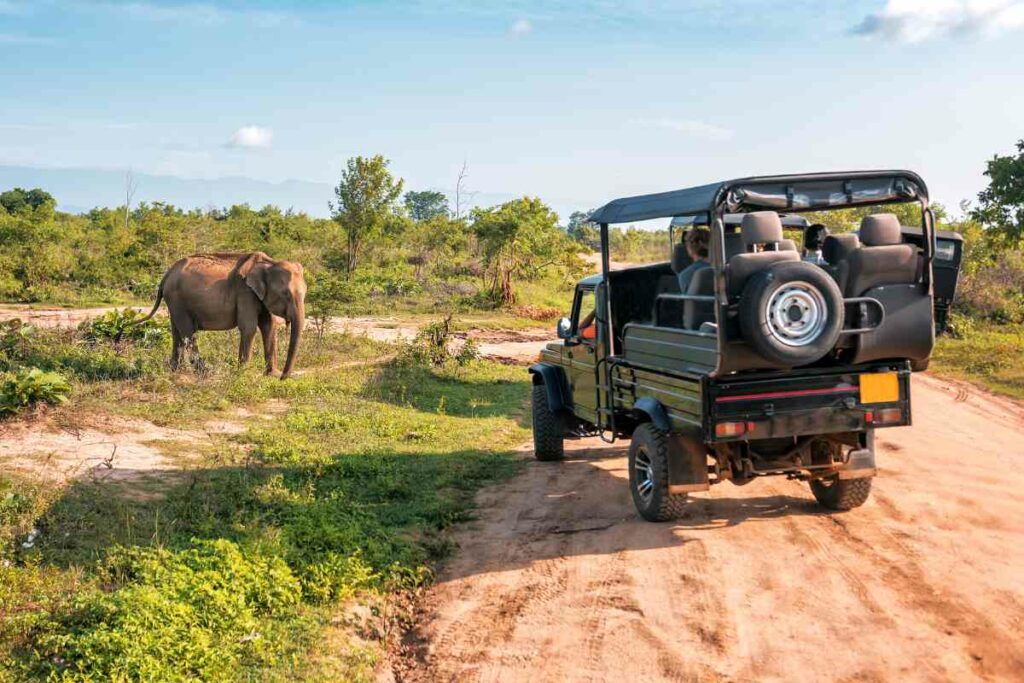
So, relax and take note of all the necessary and emergency items you will need.
Luggage
The downside of traveling is usually the luggage weight restrictions; otherwise, we would all pack for a year, especially for women.
For Safari destinations especially, most small aircraft have strict limitations to what they carry.
For Example – The maximum weight for carry-on luggage in East Africa is approximately 15kgs per person.
Main Luggage
Your check-in bag is where most of your clothing items and shoes will go.
We recommend you use a large duffel bag instead of a big suitcase.
Which is Better for Travel?
Despite bulky suitcases taking up unnecessary room, the wheels only add to the weight.
Instead, purchase a soft but durable duffle bag in neutral colors.
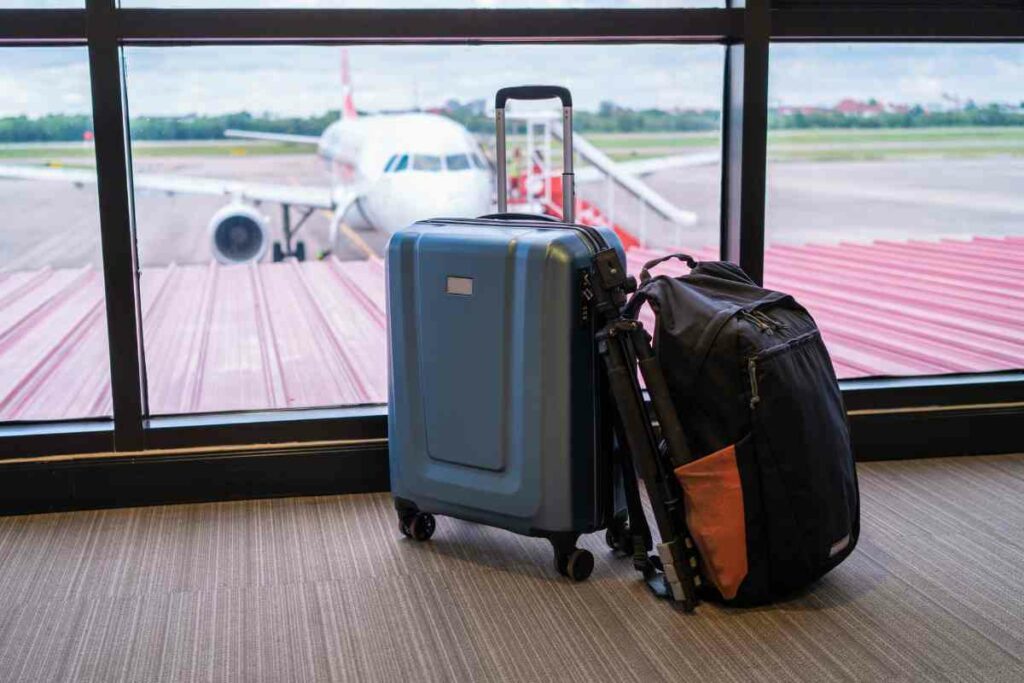
You will be surprised how some brands can fit many items in various pockets or tightly packed together.
Moreover, their hardy material quality allows them to withstand constant movement from one place to another without damage.
Hand Luggage
Your hand luggage is essential as it contains all your personal and travel documents, gadgets, and medications, if any.
Consider using a sizeable backpack to add light clothing for short treks such as a day trip or a walk through a forest.
Since the hand luggage may hold most of your prized possessions, ensure it is of good quality and can withstand all weather conditions.
As an additional precaution, consider a waterproof backpack.
Extra Bags for Safari
Below is a list of the extra bags you can bring on Safari if you have room in your main luggage:
- A fanny pack. Ideal for carrying your phone and a few personal items on short walks.
- A camera bag. A separate camera bag is ideal if you are a professional photographer or prefer to use your cameras.
- Dopp Kit. Essential for toiletries and personal hygiene items.
Clothing
Besides travel documents, clothing is the main item one packs for travel unless you have the budget to purchase new ones on location.
To hack the weight regulations, consider packing light-material clothing.
Additionally, earth-toned colors blend well into the environment and are easy to clean. A mix of light and heavy cotton fabrics is recommended, especially during the wet season.
Heads Up! Avoid bright-colored clothing that may attract insects and bugs and distract the animals.
The recommended clothing for Safari
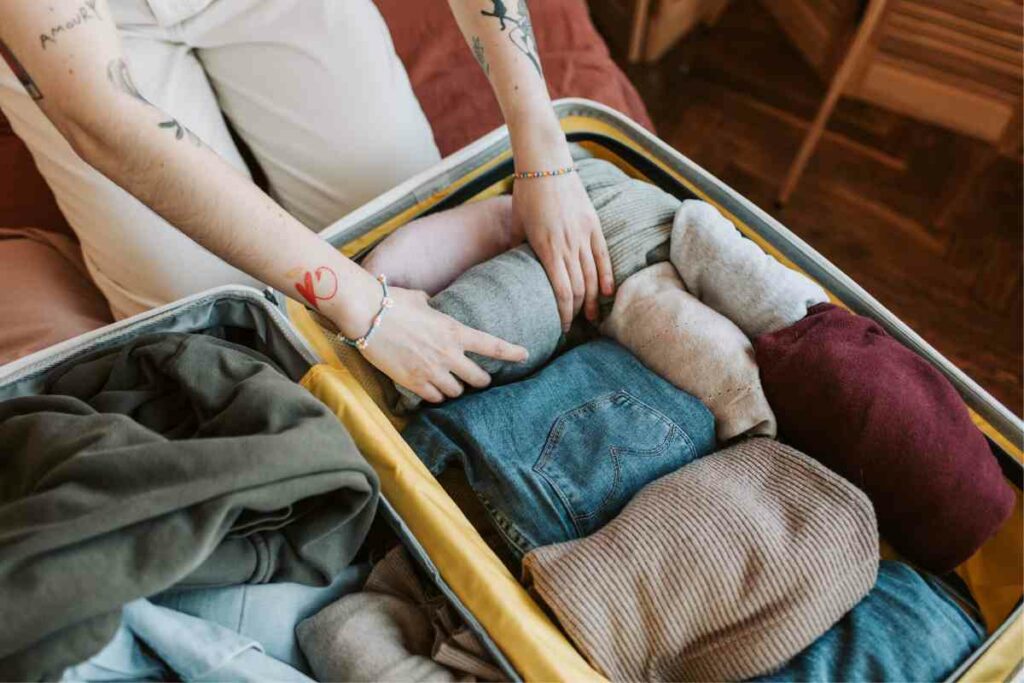
A few of the must-have clothing items include:
- Two to four pairs of Tan or Khaki pants
- One or two pairs of comfortable jeans
- Cotton pants for evening wear
- Shirts for evening wear
- A couple of Shorts
- Some T-shirts
- Light cotton dresses for evening wear
- Bathing suits
- Underwear, especially sports bra, are more comfortable for ladies
- A sun hat or baseball cap
- A bandana
- Socks
- Comfortable sneakers, sandals, or walking shoes
- Flip-flops for indoor or wet area use
- Lightweight sweater or windbreaker for chilly nights
Optional clothing items
Although a little warm clothing is necessary as it can get chilly at night, pack the below extra heavy clothing.
Especially if your Safari is during the rainy season or you intend to go hiking in high-altitude Mountains:
- Warm Scarf
- Fleece jacket
- Long sleeve polyester tops
- Thermal pants and tops
- Mittens or hand gloves
- Hiking boots
- Waterproof jacket
- Woolen socks
Take a look
Travel Documents
Having your travel documents in order is essential to a successful holiday.
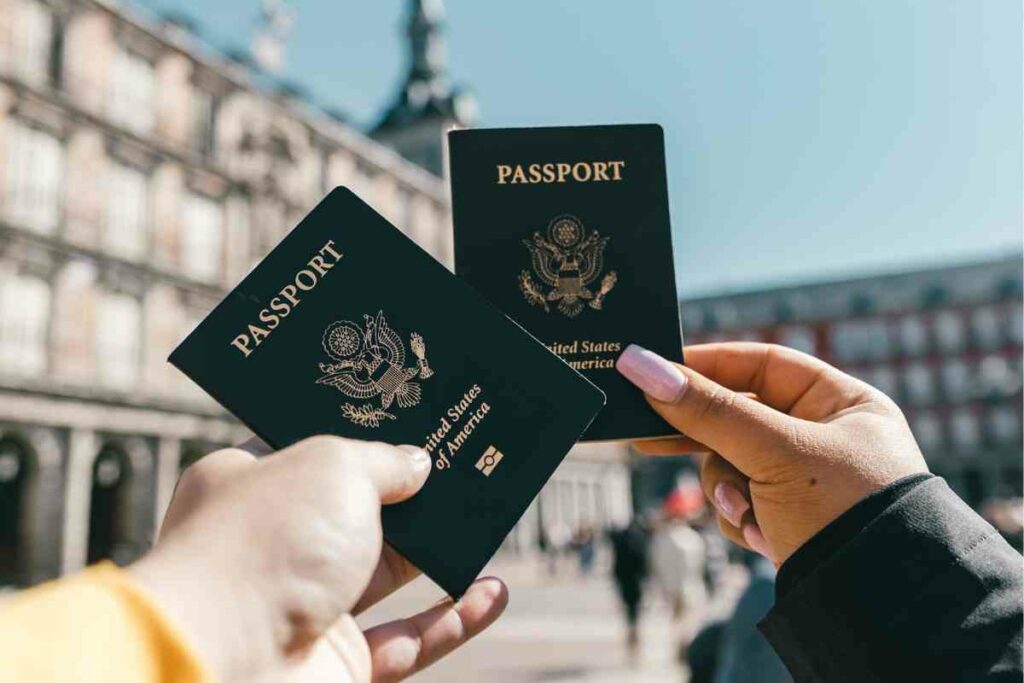
Ensure all the mandatory documentation is up to date before making the booking.
Must-have travel documents
Some of the vital documents you cannot travel without include:
- A valid passport
- A valid international vaccination certificate if traveling to East Africa
- Travel insurance in case of a medical emergency
- Plane tickets
- A copy of your Visa documents or eVisa
- Credit cards
- Cash in your home currency that you can also exchange for the local currency
Optional travel documents
- Business cards if you want to meet some contacts
- Travel itinerary for the super organized
Medical Kit
Good health is our priority, but you can still go on a Safari, even with a medical history.
As long as the doctor gives you the okay, taking a Safari holiday is safe if you pack all your medication.
Prescription medicine kit
If you have prescription medicine, pack enough to last the trip.

You can have an extra one filled just in case you encounter unexpected delays.
Even Better – Pack this kit in your hand luggage or backpack to always have it close by.
Essential medical/non-medical items
Other medical and non-medical items that are essential when taking a Safari holiday include:
- Motion sickness bands
- Malaria medication
- Antihistamine medication
- Nausea tablets
- Antacid and Lactaid
- Ear and eye drops
- Flu pack
- Painkillers
- Band-Aids
- SPF 20 or higher sun cream
- Insect repellant, especially mosquitoes.
Personal/Sanitary Items
A toiletries bag is a must to pack the essential grooming products you may need at the trip’s start.
Most of these items are available locally but just in case they are not, pack a few.
They include:
- Toothbrush and toothpaste
- Comb
- A pair of nail scissors
- Wet wipes
- Dry wipes or Tissues
- Moisturizer
- Lip balm
- Prescription sunglasses
- Contact lenses
- Tampons or Sanitary pads for the trip, although you can get some locally.
- Shampoo and body wash in small travel-safe containers
- Deodorant
- Shaving kit
- Hair accessories such as simple rubber ties
Gear, Gadgets, and Accessories
Packing gear for a holiday trip to a foreign destination, especially a Safari, may take time.
Some of the useful ones include:
- Phone. Local country sim cards are available at a fee
- Camera, batteries, memory cards, and charger
- Lightweight binoculars
- Comprehensive tourist guidebook and map. It may help you navigate the country
- An electronic plug. Pack one that fits all your gadgets.
- A flashlight or headlamp
- Quality sunglasses
- Handy repair kit with a needle and thread
What Not to Pack for a Safari
In East Africa, there is a ban on plastic bags, especially in Kenya and Rwanda, so avoid packing any in your luggage.
Again, ask your travel organizer if there are things you should refrain from bringing.
In Most African Countries – Military-like clothing is not allowed for civilians.
Also, if you are using a drone to film your Safari, confirm if it is legal, especially in East Africa.
For your safety, do not pack expensive jewelry. Leave on what is necessary, such as a wedding band.
Lastly, leave your hair dryer at home, as most hotels have one.
Tips for Packing for a Combined Trip
Sometimes you may be going on Safari but will also have a few days of relaxation at a coastal location.

In this case, throw in a few swimsuits and comfy shorts, as the heavy Safari fabric may be uncomfortable at the beach.
Alternatively – Pack a pair of light detachable hiking pants that convert into shorts. Unzip the lower half of the legs, and you are beach ready.
Take a quick look
Final Thoughts
Now that you know what to pack for Safari, prepare for a lifetime experience.
Remember to leave some space for the many souvenirs and keepsakes you’ll bring back home for yourself, family and friends.
However, getting a small duffel bag for the goodies won’t hurt.


